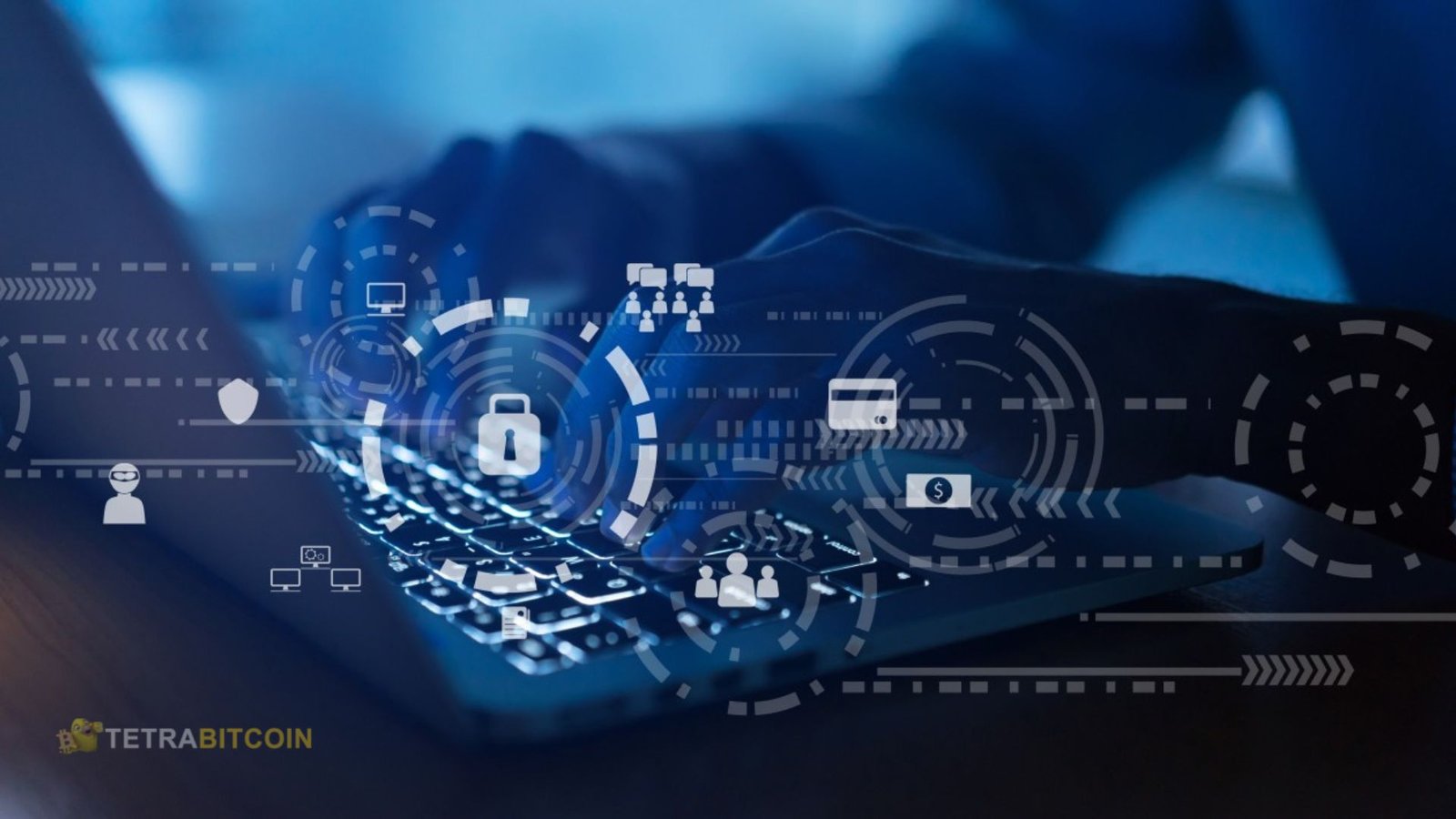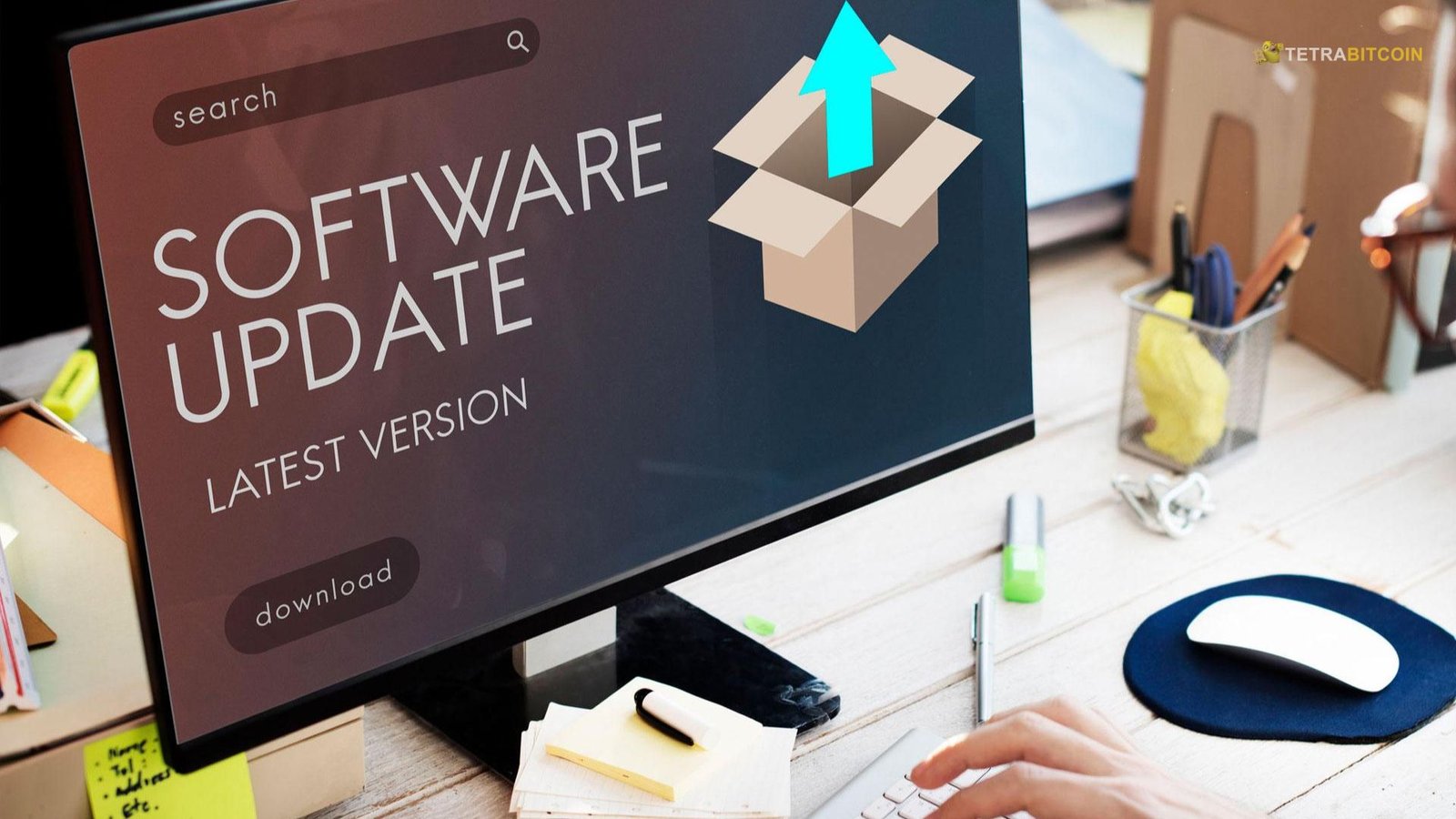An increasing number of people are considering investing in Bitcoin, the world’s first and most widely used cryptocurrency. Due to its rising popularity, there is a growing concern about the possibility of theft, fraud, and financial loss. The security of your financial assets, including Bitcoin investments, must be your top priority. The best way to ensure the security of your Bitcoin assets is detailed in this post. Everything you need to know is included in this thorough guide, from secure storage methods to suggestions for safe trading.
Understanding the Basics of Bitcoin Security
To fully understand Bitcoin’s security requirements, one must first understand what differentiates it from other cryptocurrencies. The cryptocurrency’s use of a decentralized blockchain network results in the lack of a governing body to monitor Bitcoin transactions. In contrast to conventional banking systems, where government-insured Money is safeguarded, the primary responsibility for the security of your Bitcoin lies with you.
A digital wallet stores Bitcoin and private keys can be used to access it. To verify ownership of your Bitcoin and sign transactions, you’ll need these private keys, which are lengthy strings of letters and numbers. It would be best to take every precaution to protect your private key, as it gives unauthorized individuals authority over your cash.
The Role of Wallets in Bitcoin Security
To keep track of your Bitcoins, you’ll need a Bitcoin wallet. Different kinds of wallets provide various degrees of protection. Hot wallets and cold wallets are the two main types of Bitcoin storage.
Hot Wallets
Connected to the internet, hot wallets are commonly used for frequent transactions and instant access. Despite their usefulness, they are easier targets for hackers due to their constant connectivity. Some popular options for hot wallets include web-based wallets, desktop wallets, and mobile wallets. Hot wallets are convenient for short-term storage of Bitcoin, but they aren’t a good choice for storing vast sums of Bitcoin over the long haul.
Cold Wallets
In contrast, cold wallets do not have an online connection. Because of this, they are far safer than hot wallets, which are vulnerable to hacking attempts made across the internet. Hardware wallets and paper wallets are two examples of the many shapes that cold storage can take. Hardware wallets are a great way to secure your Bitcoins for the long haul. They are small, physical devices that keep your private keys offline.
Best Practice Use a Combination of Both
Many Bitcoin investors utilize a hybrid system combining cold and hot storage for further security. They might use a hot wallet to transact daily with a small quantity of Bitcoin and a cold wallet to store most of their cash for the future.
Safeguarding Your Private Keys
Preserving your private keys is the utmost priority in terms of Bitcoin security. The loss or theft of your private key renders your Bitcoin worthless. Multiple measures can be taken to ensure the safety of your private keys.
Backup Your Private Keys
Keep a copy of your private keys in a safe place. One option is to use a hardware wallet, while another is to write them down on paper. Digitally keeping your private keys on devices with internet connectivity makes them more hackable, so it’s best to avoid doing so.
Encrypt Your Private Keys
Encrypting your data increases its security and makes it impossible for unauthorized parties to access it, even if they obtain your private keys. It would be best to use the encryption features many hardware wallets provide for an extra layer of protection.
Use Multi-Signature Wallets
Several private keys are needed to authorize a transaction in a wallet that supports multi-signature. This further strengthens the security system because it ensures that the cash cannot be accessed without the other key or keys, even if one is compromised.
Avoiding Common Security Pitfalls
Bitcoin investors make several frequent errors regarding the security of their investments. Keeping away from these potential traps will allow you to considerably cut down on the possibility of losing your investments:
Phishing Scams
Hackers use phishing to steal Bitcoin. Phishing involves impersonating a trustworthy entity to deceive you into divulging sensitive information like login credentials or private keys. Never give sensitive information to an unsolicited email or message, like your Bitcoin wallet password. Verify that you are on the legitimate website of your service by checking the URL twice.
Public Wi-Fi Networks
Do not use public Wi-Fi to access your Bitcoin wallet or conduct transactions. Many networks aren’t secure, making them easy targets for cybercriminals. Never send sensitive information over an unsecured public Wi-Fi network; instead, encrypt your connection using a Virtual Private Network (VPN).
Weak Passwords
If you use a weak password on your wallet or exchange account, you risk having your Bitcoins stolen. Never use something weak or evident as a password; instead, be creative and combine uppercase and lowercase letters, numbers, and symbols. It would be best to consider getting a password manager to keep your passwords in one safe place.
Secure Trading and Using Exchanges Safely
While many Bitcoin investors store their holdings in personal wallets, some trade on cryptocurrency exchanges. Trading on exchanges can expose your funds to additional essentials, so safe trading practices are necessary.
Choose a Secure Exchange
When selecting a cryptocurrency exchange, look for one with a strong reputation and a track record of secure operations. Popular exchanges like Coinbase, Binance, and Kraken have implemented strong security measures, including two-factor authentication (2FA) and cold storage of assets, to protect their users’ funds.
Enable Two-Factor Authentication (2FA)
Ensure your exchange accounts always have two-factor authentication (2FA) enabled. By combining your password with an additional authentication mechanism (e.g., a Text message or an app), two-factor authentication (2FA) increases security.
Withdraw to Your Wallet
After each trade, you should move your Bitcoin out of the exchange and into your wallet. This lessens the likelihood of losing Money because of exchange hacks or outages and guarantees that you have complete control over your funds.
Keep Your Software Updated
It is critical to always use the most recent software version when working with cryptocurrencies, whether in a hot wallet, cold wallet, or exchange. Updates frequently include crucial security patches that address vulnerabilities and enhance the overall safety of your Bitcoin holdings. If you use software to keep track of your Bitcoin, be sure to update it often.
Stay Informed About New Security Threats
Your Bitcoin investments are vulnerable to the ever-changing cryptocurrency market. Staying abreast of the most recent security developments and threats is essential for staying one step ahead of possible dangers. Be proactive in implementing new security measures when needed, and follow credible sources for Bitcoin news and security updates.
Conclusion
For your Bitcoin assets to remain secure, you must take several precautions, including storing your funds in a safe environment, protecting your private keys, avoiding typical security mistakes, and keeping yourself updated on security concerns. By adhering to the guidelines in this article, you may safeguard your Bitcoin assets for the future.
Remember that security is a continuous effort and that the key to protecting your assets is to be alert. No matter your level of experience as an investor, it is crucial to prioritize the safety and longevity of your Bitcoin portfolio by implementing these security measures.
FAQs
How should I protect my Bitcoin investments?
Use a combination of cold and hot wallets, with cold wallets for long-term storage and hot wallets for frequent transactions.
Bitcoin on public Wi-Fi what are the risks?
Public Wi-Fi networks are insecure and can expose your Bitcoin to hacking. Always use a VPN for secure connections.
How can I protect my private keys?
Backup your private keys securely, encrypt them, and avoid storing them on internet-connected devices.
Why use 2FA for Bitcoin exchanges?
2FA adds an extra layer of security, requiring a second verification form to protect your account from unauthorized access.
How can I avoid Bitcoin phishing scams?
Never share sensitive information through unsolicited emails or messages; always verify website URLs to avoid phishing.

